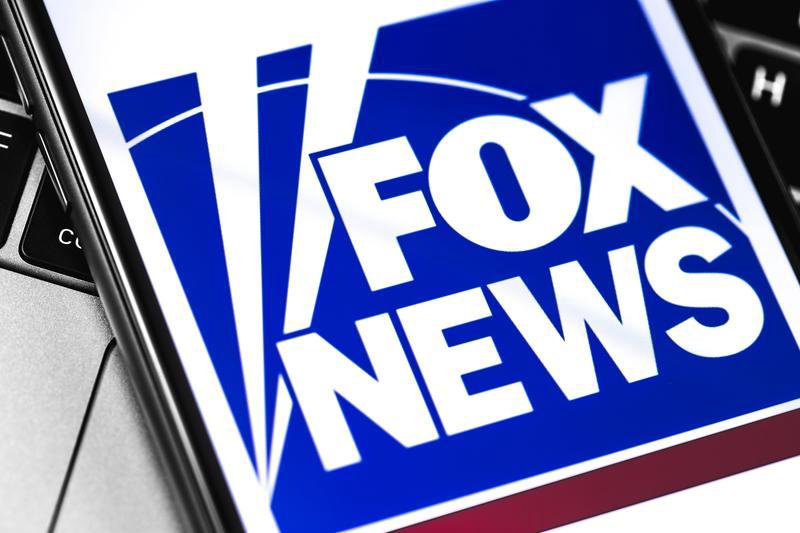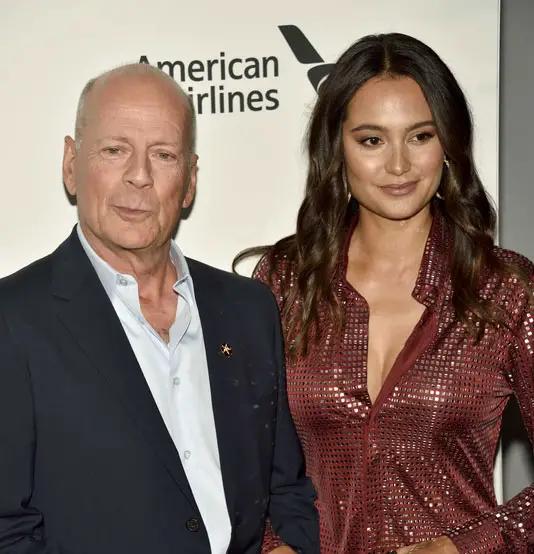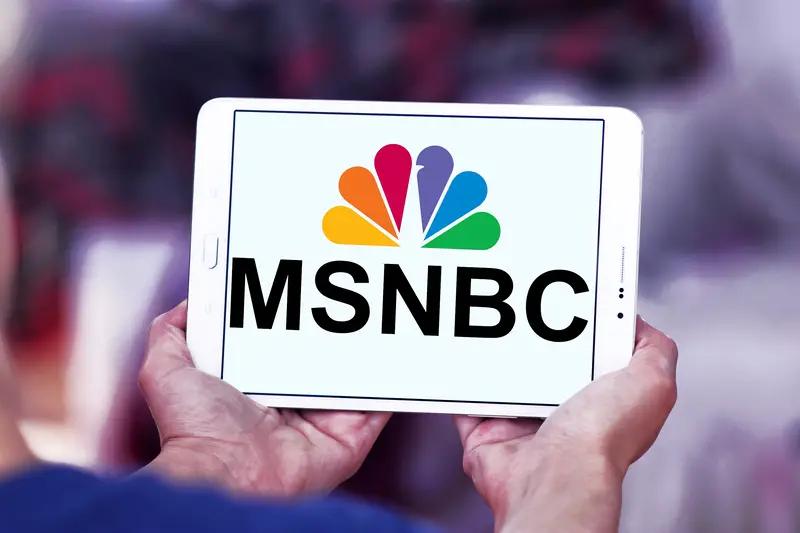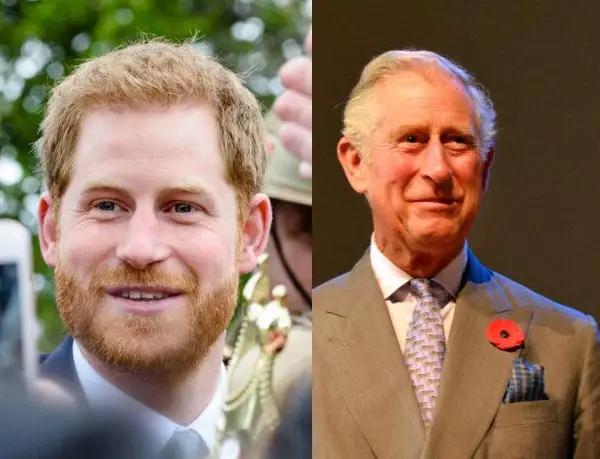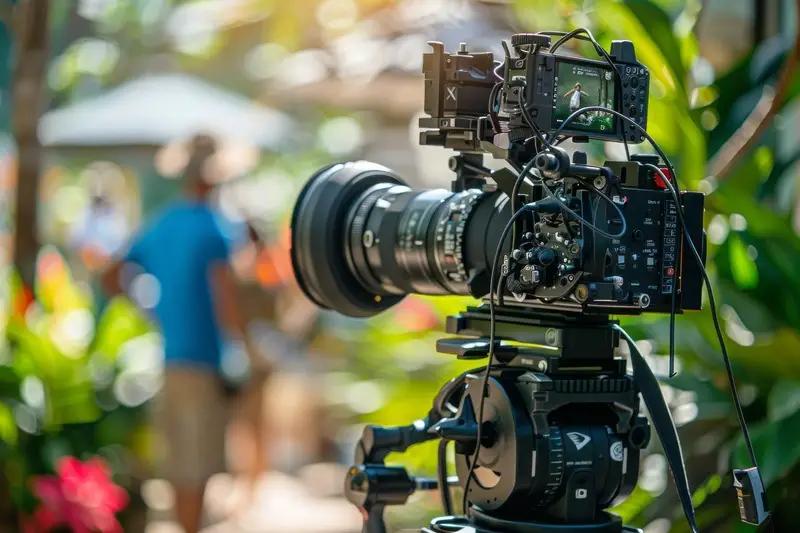Filmmaker Woody Allen praised President Donald Trump’s acting abilities during an appearance on Bill Maher’s “Club Random” podcast released Monday, September 1, describing their collaboration on his 1998 film “Celebrity” in unexpectedly positive terms.
The 89-year-old director, who cast Trump in a brief cameo appearance in the film, told Maher that the then-real estate mogul was a pleasure to work with and demonstrated genuine acting talent. Allen emphasized that Trump hit his mark, performed everything correctly, and showed a real flair for show business during the production.
In “Celebrity,” Trump appeared in an 11-second scene playing himself, where he discussed plans to purchase Manhattan’s St. Patrick’s Cathedral and tear it down to build a very tall and beautiful building. Allen indicated that Trump was very polite, professional, and courteous to everyone on set, displaying what he characterized as a charismatic quality as an actor.
Despite his praise for Trump’s acting abilities, Allen made clear distinctions about his political positions. The director stated he voted for former Vice President Kamala Harris in the 2024 presidential election and disagreed with Trump on approximately 95 to 99 percent of political issues and policies. Allen described himself as a Democrat and explicitly stated he was not a “Trumper.”
Allen expressed surprise that Trump chose to pursue politics, noting that “politics is nothing but headaches and critical decisions and agony.” He recalled seeing Trump at New York Knicks games and noted that the future president enjoyed activities like playing golf and judging beauty contests before entering the political arena.
The filmmaker jokingly suggested he would like to direct Trump again now that he serves as president, indicating he could “do wonders” with such an opportunity. Allen boasted that he was among the few people who could claim to have directed Trump in a professional capacity.
Maher responded to Allen’s flattering words about Trump with mock outrage, saying, “How dare you?” and joked about potential backlash, referencing the director’s past sexual misconduct allegations. Maher has faced similar criticism for his own positive remarks about Trump following a dinner meeting at the White House earlier this year, where he described the president as gracious and measured.
Allen’s reputation as an influential filmmaker was overshadowed in the 1990s by controversies surrounding his personal life. It became public that he was romantically involved with Soon-Yi Previn, the adopted daughter of his then-partner, Mia Farrow. At the time, Allen was 56 and Previn was 21.
Years later, Dylan, his daughter with Farrow, accused him of sexually abusing her—allegations he has consistently denied. While some admirers attempt to separate his art from the headlines, this divide is challenging, particularly since many of Allen’s films display a preoccupation with young—and at times underage—women.
During the podcast conversation, Allen addressed the nature of political performance, acknowledging that all politicians must maintain a certain public persona. He indicated this did not bother him, as he understood the performative aspects inherent in political leadership roles.
Trump apparently appreciated Allen’s positive assessment, reposting an article about the director’s comments on his Truth Social platform Monday evening. The president’s decision to amplify Allen’s remarks drew attention, given the filmmaker’s controversial reputation and past legal troubles.
The appearance represented one of Allen’s rare public interviews in recent years. The director has faced diminished opportunities in Hollywood following renewed scrutiny of decades-old allegations, which he has consistently denied. During the podcast, Allen acknowledged he was fortunate that his career challenges came after his most prolific creative period.
Maher used portions of the interview to suggest Allen was a victim of excessive cancel culture and #MeToo movement criticism. The podcast host attempted to frame criticism of Allen as primarily coming from liberal sources, though Allen corrected him by noting opposition came from across the political spectrum.
This was one of several cameos Donald Trump, then a real estate developer, made in well-known films. He also appeared in Eddie (1996), The Little Rascals (1994), and, most famously, Home Alone 2: Lost in New York (1992).

